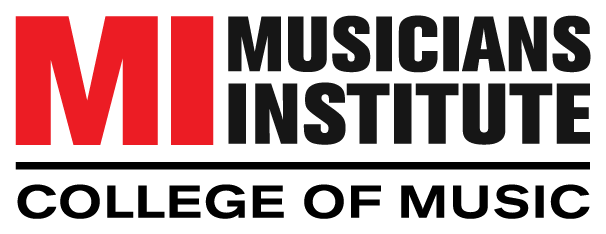ABOUT MI
MISSION STATEMENT
Musicians Institute is dedicated to inspiring artistic and academic excellence while preparing students for careers in the music and entertainment industry. Our cutting-edge educational offerings provide the information, skills and expertise necessary for musicians and creative professionals to achieve their goals. We strive to develop a diverse array of talented individuals who can enrich the global community with their artistic contributions.
DIVERSITY STATEMENT
Musicians Institute is committed to fostering an inclusive and diverse environment for the community it serves. Members of the MI community include students, faculty, administration, families, and visiting artists. As an institution that is dedicated to preparing students for careers in the diversified music and entertainment industry, MI strives to cultivate talented individuals from across all backgrounds with conscious efforts to enrich the global public.
A UNIQUE COLLEGE
Musicians Institute offers a complete education in every aspect of the music industry, including instrumental performance, DJ & producing skills, composing for video games, audio engineering, guitar building, music business, and training in the latest music technology. Through real-world experience and guidance from working professionals, students can earn a variety of degrees and certificates, while taking advantage of networking opportunities at its state-of-the-art Los Angeles campus.
MI connects students to the global music industry with all the tools they need to enhance their careers and pursue their artistic dreams.
Musicians Institute provides an innovative education that prepares graduates for creative and professional careers in the contemporary music industry. MI is dedicated to providing comprehensive instruction, facilities and other resources to support and inspire artistic and professional accomplishment.
Musicians Institute is a private institution that is approved to operate in the State of California by the Bureau for Private Postsecondary Education and has been an accredited institutional member of the National Association of Schools of Music since 1981.
For information on BPPE, you may visit the Bureau website at: www.bppe.ca.gov
History of MI
With the addition of the Bass Institute of Technology (BIT) in 1978, the Percussion Institute of Technology (PIT) in 1980, and the Vocal Institute of Technology (VIT) in 1987, the school grew to serve an even greater variety of musicians. Musicians Institute began to be recognized as an innovator in the field of contemporary music education. Located in the epicenter of the entertainment industry—on Hollywood Boulevard, where it still stands today—MI continued to attract students from all over the world, creating an international community of musicians and creative professionals.
In the ‘90s, Musicians Institute further expanded its programs to match a rapidly changing music industry. The Keyboard Institute of Technology (KIT) was founded in 1991, followed by the Recording Institute of Technology (RIT) in 1993 as well as the Bachelor of Music Degree in 1994. In 2000, two innovative programs were unveiled: the Recording Artist Program (RAP), which offered a combination of artist development, digital recording and music business skills; and the Guitar Craft Academy (GCA), which taught the skills of building and maintaining electric guitars and basses. In 2002, the Music Business Program (MBP) was established to train both musicians and non-musicians in the career skills required for the business side of the industry.
To match the ever-changing music and entertainment landscape of the 21st Century, Musicians Institute has reorganized all its programs into a streamlined, integrated College of Contemporary Music. The School of Performance Studies includes programs for Bass, Drums, Guitar, Keyboard Technology and Vocals; while the School of Entertainment Industry Studies offers programs for Artist Producer Entrepreneur, Audio Engineering, DJ, Electronic Music Production, Guitar Craft, Independent Artist Live Music Event Production, Studio Recording and Music Business. With over four decades of experience, MI is constantly developing new educational and career development initiatives to serve a global music community.
Our Founders
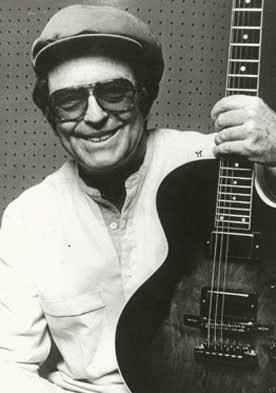
Howard Roberts
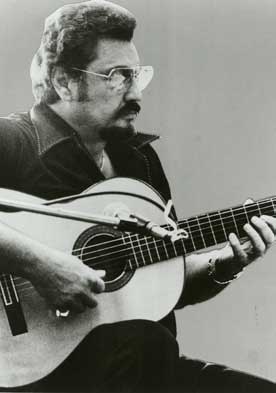
Tommy Tedesco
THE GUITAR INSTITUTE OF TECHNOLOGY (GIT)
The Guitar Institute of Technology opened its doors to full-time students in April of 1977, laying the foundation for Musicians Institute. Based on educational philosophy of guitarist Howard Roberts, GIT was co-founded and managed by Los Angeles music businessman Pat Hicks. The three original instructors; Jow Diorio, Rob Eschete, and Don Mock ventured into unexplored territory as they worked to turn Howard’s vision of an intensive, contemporary, vocational guitar program into a practical reality.
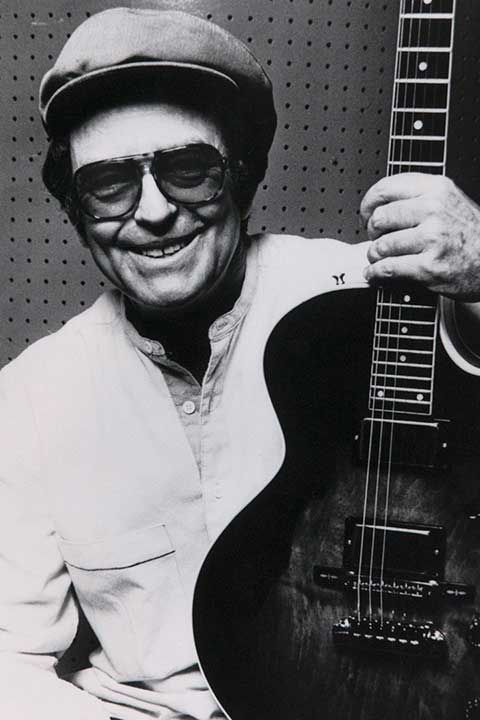
HOWARD ROBERTS
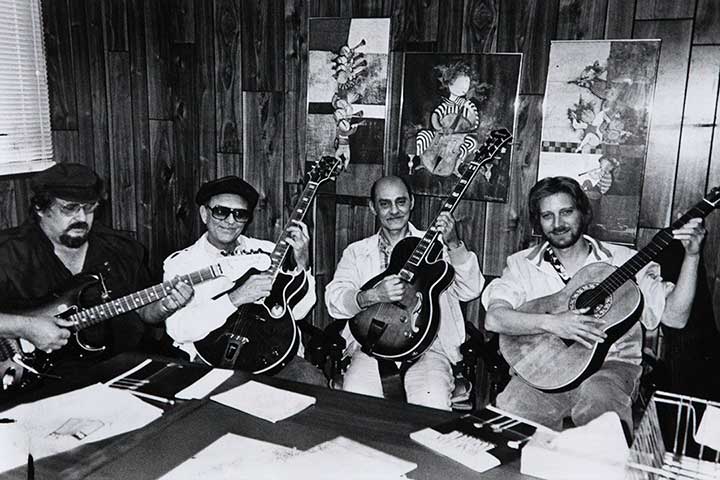
WANNA JAM ON "FREE BIRD"?
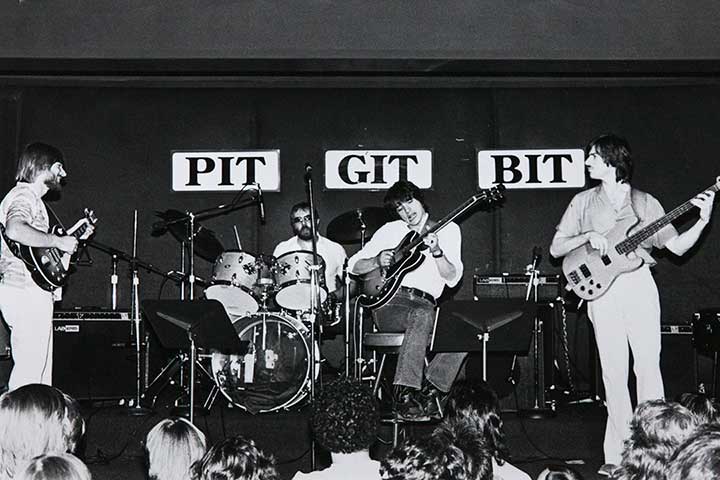
MI INSTRUCTORS
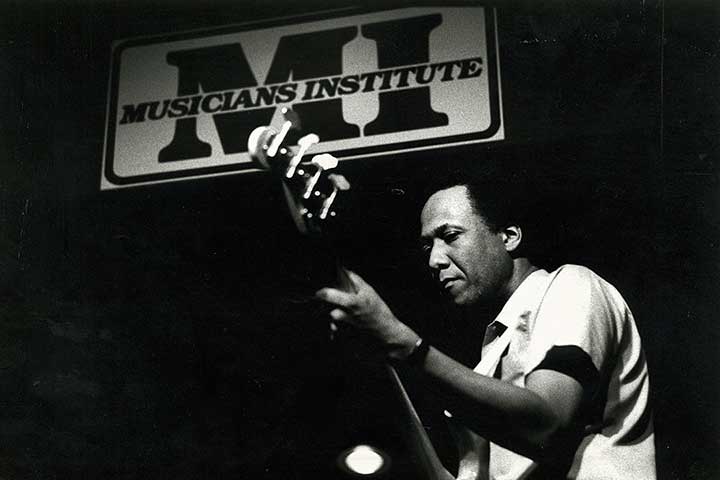
CHUCK RAINEY
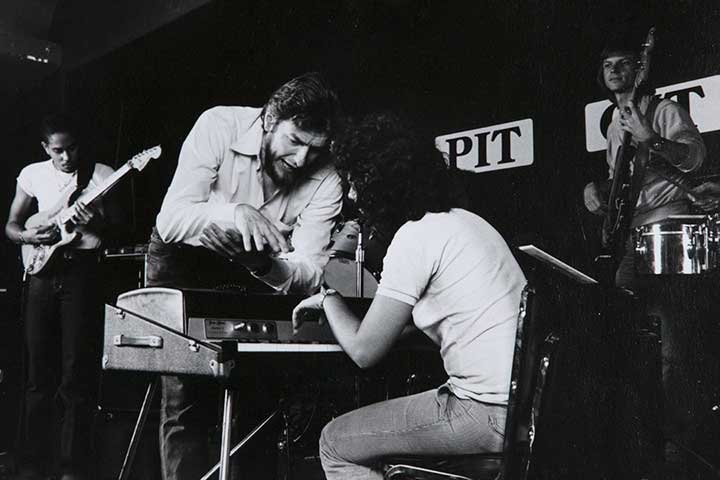
CARL SCHROEDER
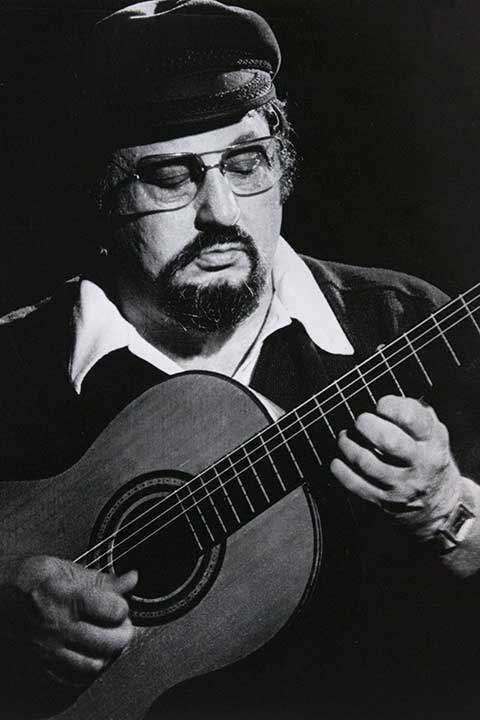
TOMMY TEDESCO
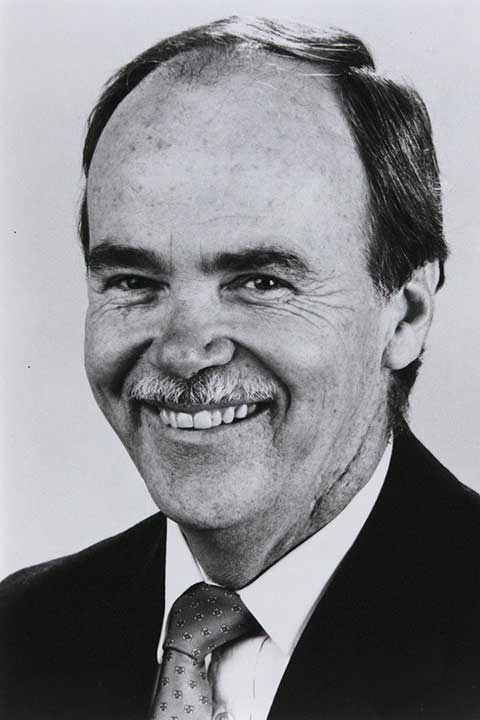
PAT HICKS
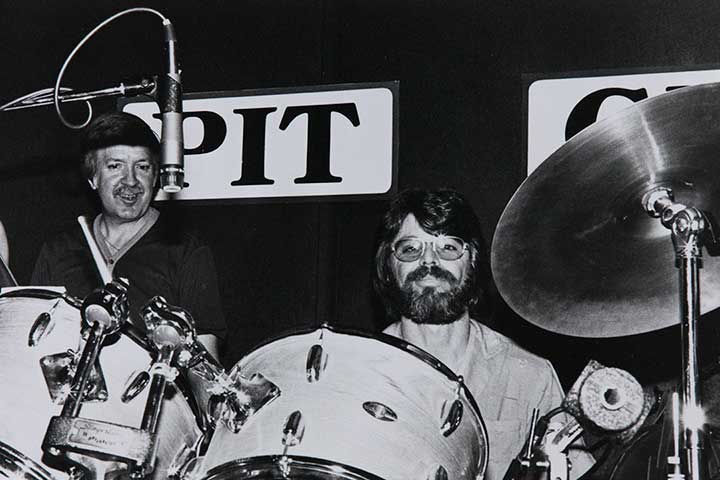
JOE PORCARO
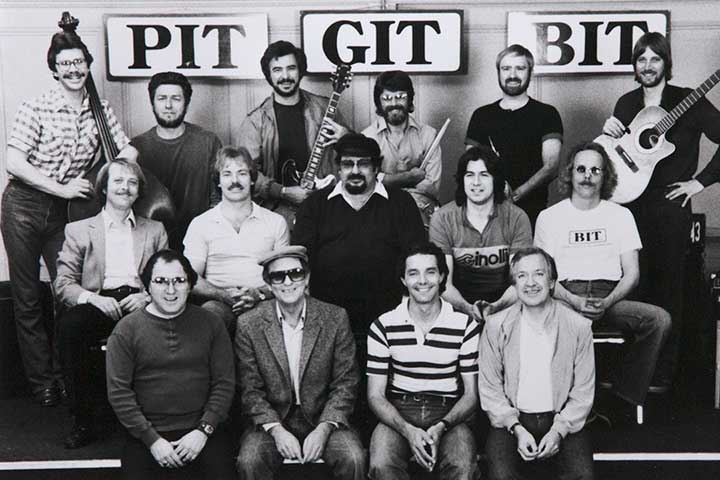
PIT, GIT, BIT Graduates
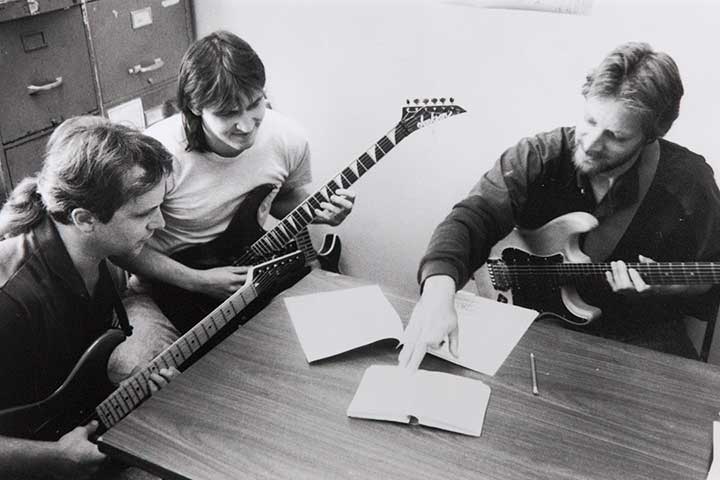
DON MOCK
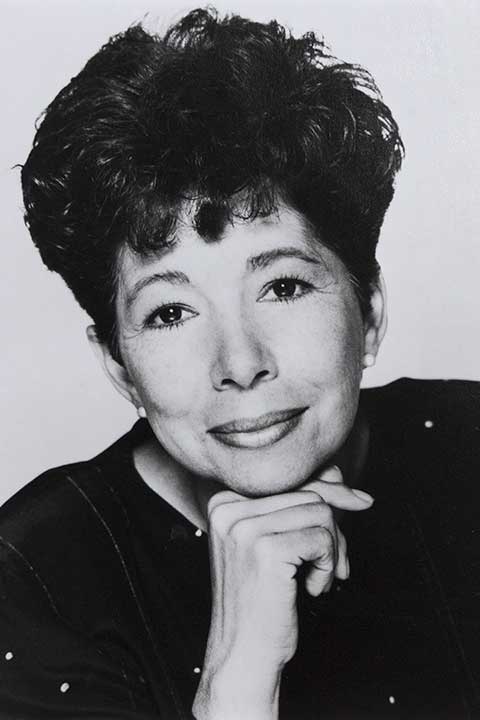
REBECCA NATALIA
MUSICIANS INSTITUTE TAKES SHAPE
With the addition of Bass Institute of Technology (BIT) in 1978 and the Percussion Institute of Technology (PIT) in 1980, Musicians Institute came into being. The MI facility, located above Hollywood Wax Museum until 1987 before moving to its current location was home to a growing student body and staff while the school matured into its position as an internationally recognized innovator in the field of contemporary music education.
